The hCG diet is a low-calorie weight loss approach that involves the use of hCG injections. However, there is no scientific evidence to support its effectiveness. The main function of hCG in this diet is to suppress appetite and promote fat loss.
The hCG diet is not considered important or recommended by the scientific community due to the lack of evidence supporting its claims. The main benefit claimed by this diet is rapid weight loss, but this can be attributed to the low-calorie intake rather than the hCG injections. Therefore, the hCG diet is often categorized as a fad diet.
One main adverse effect of the hCG diet is the potential for side effects associated with the injections, such as pain, swelling, and redness at the injection site. Additionally, the extremely low-calorie intake can lead to nutrient deficiencies and other health complications if followed for an extended period.
EatProteins.com is a reader-supported platform. Purchases made through our links may earn us a commission at no extra cost to you.
What is the HCG Diet?
The HCG diet, also known as the Simeons therapy or the HCG protocol, is a very low-calorie diet that typically ranges from 500 to 800 calories per day. It involves the use of supplemental HCG injections, which is a hormone produced during pregnancy, and claims to stimulate weight loss by burning stored body fat.
However, scientific evidence suggests that the weight loss associated with the HCG diet is primarily due to the severely restricted calorie intake, rather than the HCG hormone itself. According to a review published in the Journal of Diet Supplements by Stephen A. Butler and Laurence A. Cole, the HCG diet is not only unfounded but potentially harmful. The study highlights that after half a century, there is still no evidence to support the efficacy of the HCG diet.
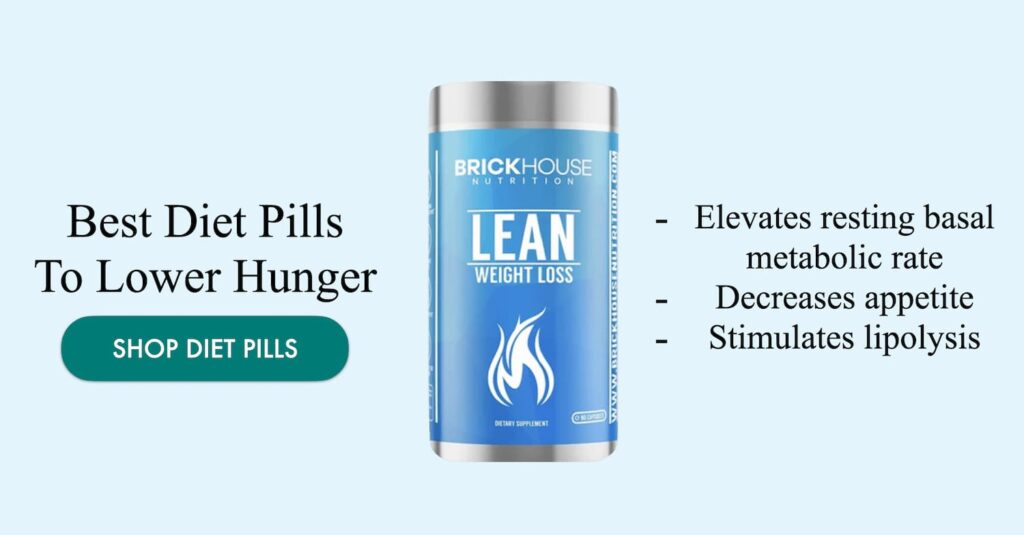
In fact, all scientific publications subsequent to the original article counter these claims. The researchers warn that HCG preparations may do more harm than good and are potentially dangerous when administered without an evidence-based rationale. Furthermore, the FDA does not support the use of HCG for weight loss, and over-the-counter HCG products are not legal.
What is the standard protocol for the HCG diet?
The standard protocol for the HCG diet involves daily injections of human chorionic gonadotropin (HCG) hormone, along with a very low-calorie intake of up to 800 calories per day. The diet specifies particular food choices, focusing mainly on lean proteins and low-carbohydrate vegetables, and generally limits the eater to two meals per day. The HCG hormone injections are important for the diet’s effectiveness as they help suppress appetite and promote fat loss. However, its effectiveness is highly debated.
A double-blind, placebo-controlled study conducted by Bosch et al., published in the South African Medical Journal in 1990, found that low-dose HCG combined with a severe diet showed no advantages over placebo injections in promoting weight loss. The study concluded that there is no rationale for the use of HCG injections in the treatment of obesity, challenging the popular belief in the diet’s effectiveness.
What are the phases of the HCG Diet?
The HCG Diet consists of three phases: loading, weight loss, and maintenance.
- Loading Phase: During this phase, individuals consume high-fat, high-calorie foods for two days to prepare their bodies for the calorie restriction in the following phases.
- Weight Loss Phase: In this phase, individuals typically consume either 500 or 800 calories per day, depending on their specific plan. This phase lasts for several weeks and is when significant weight loss occurs.
- Maintenance Phase: In the maintenance phase, individuals gradually increase their calorie intake while discontinuing HCG supplementation. This phase helps stabilize weight and transition back to a normal eating pattern.
How does the HCG Diet work?
The HCG Diet is based on the belief that HCG, a hormone produced during pregnancy, can aid in weight loss by stimulating the body to burn stored fat. However, scientific evidence does not support this claim. Studies have shown that any weight loss experienced on the HCG Diet is likely due to the severe calorie restriction rather than the HCG itself.
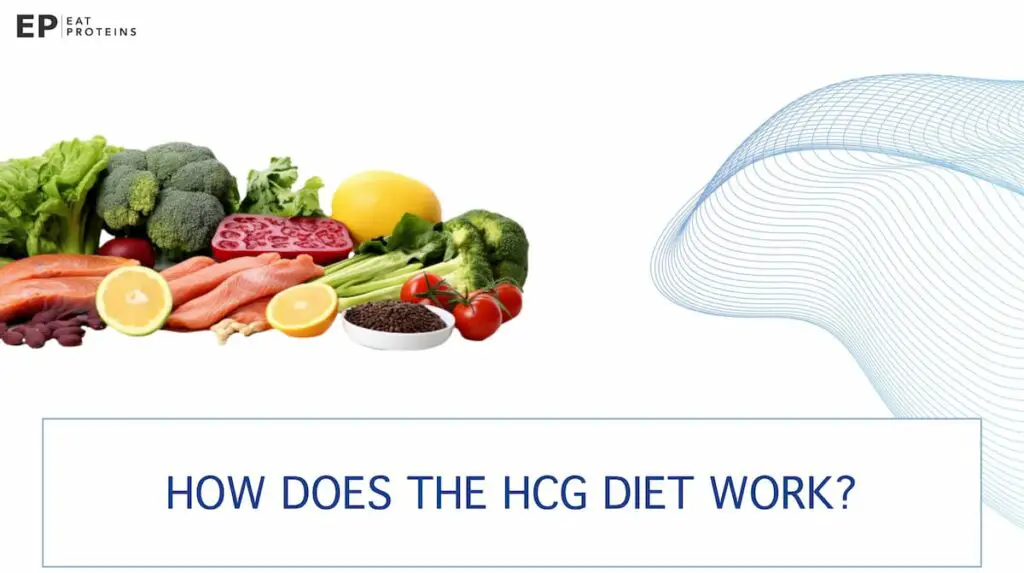
For example, a review of studies published in the British Journal of Clinical Pharmacology found that there was no significant difference in weight loss between those who followed the HCG Diet and those who followed a placebo or a low-calorie diet without HCG.
Another study published in the American Journal of Clinical Nutrition found that the weight loss experienced on the HCG Diet was primarily due to the drastic reduction in calorie intake, rather than the HCG hormone.
Furthermore, the FDA has stated that HCG has not been approved for weight loss and has issued warnings against the use of HCG products for weight loss purposes. Therefore, it is important to approach the HCG Diet with caution and consult with a healthcare professional before starting any new diet or weight loss program.
What are the health benefits of the HCG Diet?
There are 7 health benefits of the HCG diet.
- Weight loss: The HCG Diet is claimed to lead to rapid weight loss, although there is no scientific evidence to support this claim.
- Appetite suppression: HCG is believed to suppress appetite, potentially leading to reduced calorie intake.
- Potential metabolic effects: Some proponents of the diet suggest that HCG can increase metabolism, but scientific evidence is lacking.
- Quick results: Due to the severe calorie restriction, individuals may see quick initial weight loss, although this is likely due to water and muscle loss rather than fat loss.
- Structured approach: The HCG Diet provides a structured plan for individuals to follow, which may be helpful for those who prefer a strict regimen.
- Reduced food cravings: Some individuals may find that the HCG Diet helps to reduce cravings for certain foods, although this varies from person to person.
- Motivation and accountability: The strict rules and guidelines of the HCG Diet may provide motivation and accountability for individuals trying to lose weight.
What are the health risks of the HCG diet?
The HCG diet can lead to nutrient deficiencies and metabolic issues. This can result in inadequate intake of important macro- and micronutrients, increasing the risk of developing other diseases.
- Nutrient deficiencies
- Metabolic issues
- Increased risk of other diseases such as cancer, diabetes, and heart disease
The long-term side effects of the HCG diet are unknown, but there is concern for the potential development of conditions such as cancer, diabetes, and heart disease. It is recommended to consult with a healthcare professional for a sustainable approach to weight loss that prioritizes overall health and well-being.
What are the long-term side effects of the HCG diet?
The HCG diet has potential long-term side effects that should be considered. Nutrient deficiencies may occur due to restricted food choices, leading to inadequate intake of essential vitamins and minerals.
This can negatively impact overall health and well-being. Severe calorie restriction can also slow down metabolism, making it difficult to maintain weight loss in the long term, potentially leading to weight regain and a cycle of yo-yo dieting.
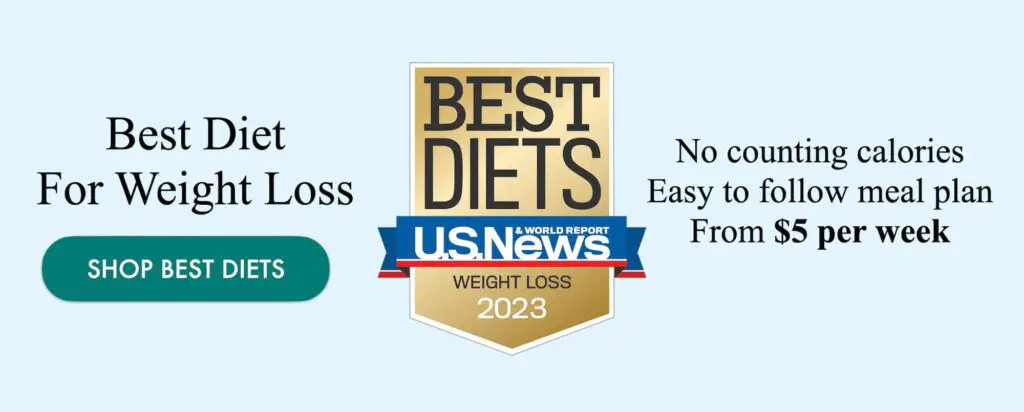
Moreover, the extreme nature of the HCG diet raises concerns about an increased risk of developing conditions such as cancer, diabetes, and heart disease.
The low-calorie and minimal eating windows of the HCG diet are similar to fasting-style diets, which can trigger disordered eating behaviors like binge eating and food cravings. It is crucial to prioritize long-term health and choose sustainable weight loss methods.
Who should do the HCG diet?
The HCG diet is suitable for individuals who are seeking rapid weight loss and are committed to following a strict low-calorie diet. It is recommended for individuals who have tried other weight loss methods without success and are under the guidance of a healthcare professional.
However, it is not recommended for pregnant or breastfeeding women, individuals with certain medical conditions such as heart disease or kidney disease, and individuals with a history of eating disorders.
How to do the HCG diet?
To do the HCG diet effectively, follow these 9 steps.
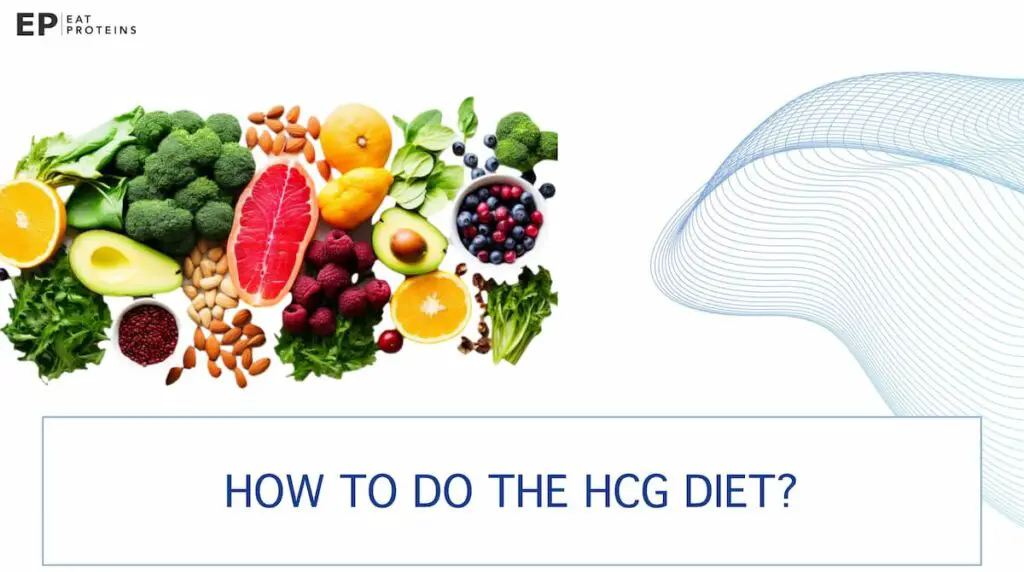
- Consult with a healthcare professional before starting the HCG diet.
- Follow a structured meal plan with 500-800 calories per day.
- Include lean proteins, low-carbohydrate vegetables, fruits like berries and citrus, and a small amount of milk in your meals.
- Administer HCG injections daily as directed.
- Stay hydrated by drinking plenty of water throughout the day.
- Engage in light exercise to support your weight loss journey.
- Monitor your progress and seek professional guidance throughout the process.
- Listen to your body and adjust your meal plan and exercise routine as needed.
- Stay committed to the HCG diet to achieve your weight loss goals.
What foods are included in the 500-calorie HCG diet menu?
The 500-calorie HCG diet menu includes lean proteins such as chicken, turkey, and white fish, low-carbohydrate vegetables like spinach, lettuce, cucumbers, and broccoli, fruits like berries and citrus in moderation, and a small amount of milk for a source of calcium. These foods provide essential nutrients while keeping calorie intake low.
- Lean proteins: chicken breast, turkey breast, white fish, lean beef
- Low-carbohydrate vegetables: spinach, lettuce, cucumbers, broccoli
- Fruits: strawberries, blueberries, oranges, grapefruit
- Dairy: skim milk, low-fat yogurt, cottage cheese, unsweetened almond milk
What happens if you exceed 500 calories while on the HCG diet?
Exceeding the recommended 500-calorie limit while on the HCG diet can hinder weight loss progress and reduce the effectiveness of the diet. This is because the HCG diet relies on a significant calorie deficit to stimulate fat burning.
Consuming more than 500 calories can slow down weight loss, disrupt the body’s ability to burn stored body fat, and increase hunger and cravings, making it harder to adhere to the diet and achieve desired weight loss goals.
What foods should be strictly avoided on the HCG diet?
On the HCG diet, it is crucial to avoid certain foods to maximize weight loss. These include high-calorie and high-fat options such as fried foods, processed snacks, sugary desserts, and sugary drinks.
- Fried foods: French fries, fried chicken, onion rings, fried fish
- Processed snacks: potato chips, cookies, pretzels, candy bars
- Sugary desserts: cakes, cookies, ice cream, pastries
- Sugary drinks: soda, fruit juices, sweetened teas, energy drinks
- High-carbohydrate foods: bread, pasta, rice, potatoes
- High-sugar fruits: bananas, grapes, mangoes, pineapples
- Dairy products: milk, cheese, yogurt, butter
- Alcohol: beer, wine, spirits
What happens if you consume added sugars while on the HCG diet?
Consuming added sugars while on the HCG diet can have negative effects on your weight loss progress. Here are three reasons why you should avoid added sugars on the HCG diet:
- Increased calorie intake: Added sugars are high in calories and provide little to no nutritional value. For example, a can of soda can contain around 39 grams of added sugar, which adds up to about 150 calories. Consuming foods and beverages with added sugars can lead to an increase in overall calorie intake, making it harder to maintain a calorie deficit and lose weight.
- Blood sugar spikes: Added sugars can cause a rapid rise in blood sugar levels, leading to energy crashes and cravings for more sugary foods. This is because added sugars are quickly absorbed into the bloodstream, causing a spike in blood glucose levels. This can disrupt your energy levels and make it difficult to stick to your HCG diet meal plan.
- Reduced fat burning: When you consume added sugars, your body prioritizes burning the sugar for energy instead of tapping into its fat stores. This is because the body can easily break down and use sugar as a source of energy.
What are the best HCG diet recipes?
The best HCG diet recipes include a variety of seafood, fish, beef, and vegetable dishes that are both delicious and compliant with the HCG diet guidelines.
- Cajun Asparagus: A flavorful dish made with asparagus seasoned with Cajun spices, providing a low-calorie option rich in fiber and vitamins.
- Chilled Shrimp & Cocktail Sauce: A refreshing appetizer featuring protein-packed shrimp served with a tangy cocktail sauce, perfect for satisfying cravings while maintaining a low-calorie intake.
- Zesty Citrus Halibut: A citrus-infused halibut dish that is high in protein and omega-3 fatty acids, providing essential nutrients while adhering to the HCG diet restrictions.
- Beef and Cabbage Stew: A hearty stew made with lean beef and cabbage, offering a satisfying meal that is low in calories and high in protein, fiber, and vitamins.
- Rosemary Herbed Onions: A flavorful side dish made with onions and infused with rosemary, providing a low-calorie option rich in antioxidants and anti-inflammatory properties.
These recipes offer a combination of taste, nutrition, and adherence to the HCG diet guidelines, making them ideal choices for those following the diet.
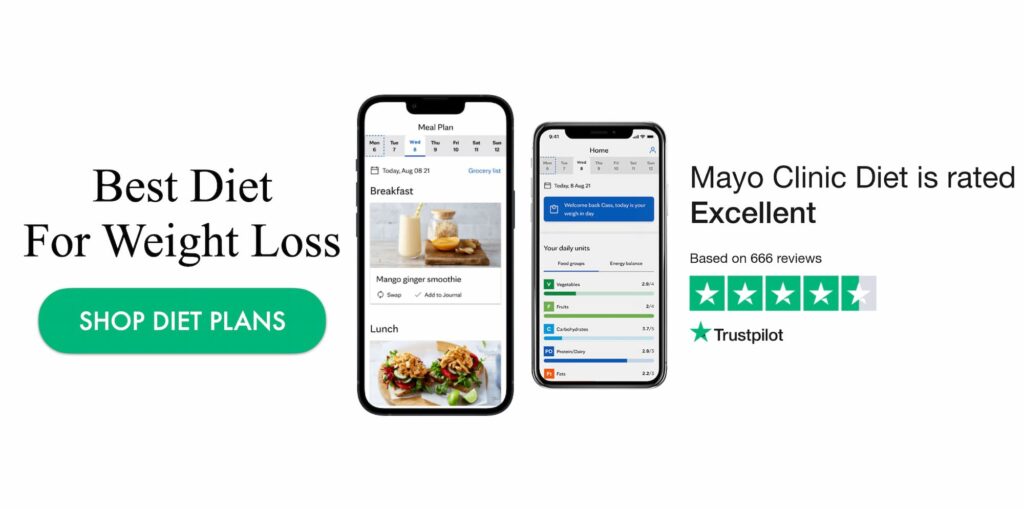
What is the HCG diet sample meal plan?
The HCG diet sample meal plan consists of two phases:
Phase 2
- Breakfast: Black coffee or tea with stevia, 100 grams of lean protein (chicken breast, white fish, or shrimp), and a serving of low-carbohydrate vegetables (spinach, lettuce, or cucumbers).
- Lunch: 100 grams of lean protein, a serving of low-carbohydrate vegetables, and a small amount of fruit (berries or citrus).
- Snack: A small apple or a handful of strawberries.
- Dinner: 100 grams of lean protein, a serving of low-carbohydrate vegetables, and a small amount of milk.
Phase 3
- Breakfast: 2 eggs with vegetables, 1 slice of whole-grain toast, and a side of fruit.
- Lunch: Grilled chicken or fish with a mixed green salad and 1/4 avocado.
- Snack: 1 cup of Greek yogurt with 1/2 cup of berries.
- Dinner: Grilled steak or salmon with 1 cup of steamed vegetables and 1/2 cup of quinoa.
How does the HCG diet impact long-term weight loss?
The HCG diet has a limited impact on long-term weight loss. While it may lead to initial rapid weight loss, the severe calorie restriction associated with the diet can result in nutrient deficiencies and a slowed metabolism.
How does the HCG diet differ from other fad diets?
The HCG diet stands out from other fad diets by incorporating daily injections of human chorionic gonadotropin (HCG) hormone and maintaining an extremely low daily caloric intake of 500 to 800 calories. Unlike most diets that focus solely on food restrictions or exercise, the HCG diet claims to target stored body fat specifically, promising rapid weight loss.
How does the HCG diet compare to the Keto diet?
The HCG diet and the Keto diet are both low-carbohydrate diets that aim to promote weight loss, but they have significant differences. The HCG diet involves a very low-calorie intake of 500 to 800 calories per day, while the Ketogenic diet emphasizes a high-fat, moderate-protein, and low-carbohydrate approach. The HCG diet requires the use of supplemental hCG injections, while the Keto diet does not. Furthermore, the HCG diet restricts food choices more severely compared to the Keto diet, which allows for a wider variety of foods.
How does the HCG diet compare to Semaglutide?
The HCG diet and Semaglutide differ in their mechanisms of action and effectiveness for weight loss. The HCG diet relies on low-calorie intake and hCG injections, while Semaglutide reduces appetite and increases feelings of fullness.
Where can I find an 800-calorie HCG diet plan in PDF format?
The 800-calorie HCG diet plan in PDF format can be found on reputable health and wellness websites. These plans provide detailed meal plans outlining the recommended foods and recipes for each phase of the HCG diet.
